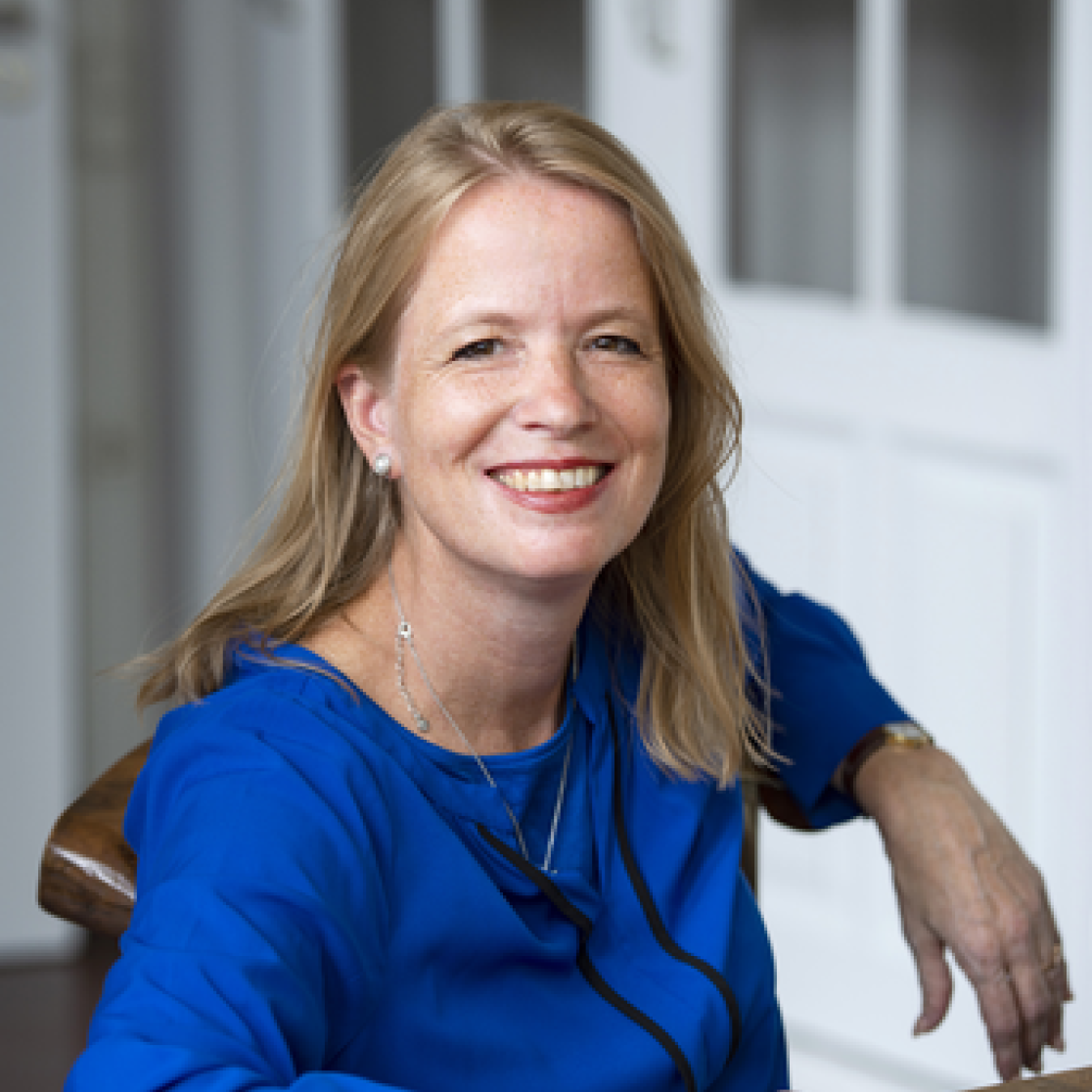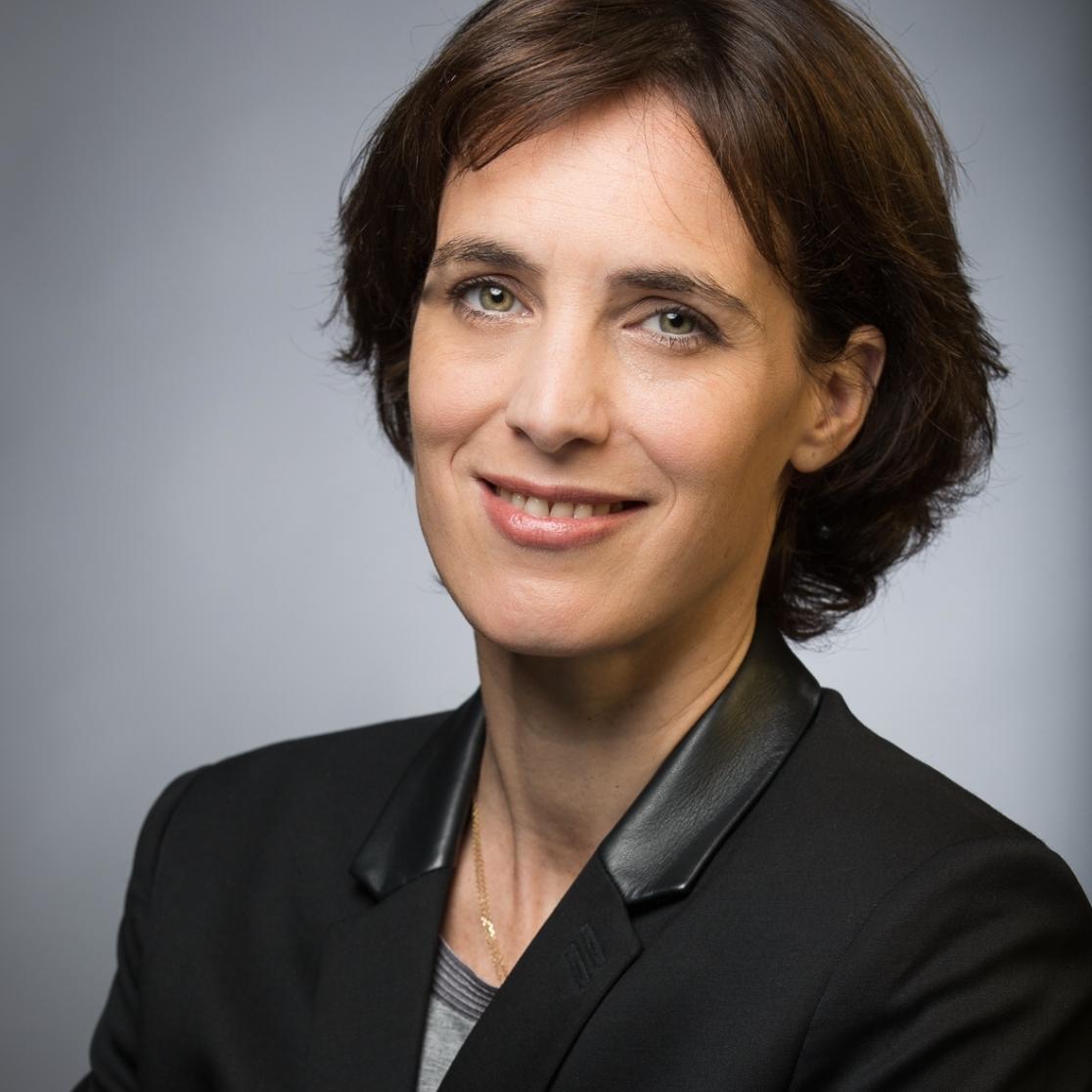Fireplace Talk: What did the Maastricht Treaty do for Democracy and where did this lead us?
The Maastricht Treaty was the first EU Treaty to be put to popular referendum. But not all Member States approved. The Danish ‘No’ to the Maastricht Treaty is seen as a ‘wake-up call’ for Heads and States and government to involve EU citizens into EU policy-making and debates.
At the same time, it might seem paradoxical but the Maastricht Treaty was actually the Treaty that aimed to strengthen the democratic base of the Union. It did so by for example by expanding the role of the European Parliament in EU decision-making significantly.
This is where this event comes in: On the one hand, we will look back and take stock: to what extent and how has the Maastricht Treaty expanded the ‘democratic base of EU governance’? Where did it fall short? To what extent did other EU Treaty build on these developments? How were these implemented into the practical process? What are the other main milestones we can identify in this realm (outside Treaty change)?
We will then also look ahead: where to go from here? What are the ‘democratic challenges’ the EU is currently facing? What role does the Conference on the Future of Europe play in this context?
This fireplace talk brought together Gaëtane Ricard-Nihoul and Christine Neuhold to discuss these issues from both an academic and policy perspective. Gaëtane Ricard-Nihoul is a Member of the Common Secretariat for the Conference on the Future of Europe. Christine Neuhold, Professor of EU Democratic Governance at the Faculty of Arts of Social Sciences, University of Maastricht.
The event was moderated by the Director of UM Campus Brussels, Prof. Mariolina Eliantonio and the Associate Director, Assistant Prof. Paul Stephenson.
Guest Speakers
Prof. Dr. Christine Neuhold
Christine Neuhold is full Professor of EU Democratic Governance. She is Dean at the Faculty of Arts and Social Sciences at Maastricht University.
Before joining Maastricht University she held positions at the European Institute of Public Administration (EIPA) in Maastricht (1997-2000) and at the Institute of Advanced Studies in Vienna (2000-2002).
Her research focuses on questions of accountability within networked systems of governance.
She has carried out commissioned work by institutions such as the European Parliament, the Dutch Lower House and national ministries. Her research has been published in journals such as the Journal of Common Market Studies, West European Politics, the Journal of European Public Policy and the Journal of Legislative Studies. She has been a Visiting Fellow at the Institute for European Studies at the University of California (2011), Berkeley and is currently a Visiting Lecturer at the Diplomatic Academy, Vienna and the Centre for European Studies, University of Bonn.
Prof. Neuhold is the former Director of the Maastricht University Campus Brussels. The Fireplace Talk series was launched in 2019 under her directorship.

Gaëtane Ricard-Nihoul
Gaëtane Ricard-Nihoul is a Member of the Common Secretariat for the Conference on the Future of Europe, former Deputy Head of the European Commission Representation in France.
Gaëtane Ricard-Nihoul holds a degree in political science from the University of Liège and an MPhil and a DPhil in European politics and society from Oxford University. Her research focused on policy formation in the European Union, and more particularly on education policy.
In 2018, she was seconded to the French Ministry for Foreign Affairs where she successively held the position of Deputy Secretary general for the Citizens’ consultations on Europe and Head of the Citizens’ Conferences Department at the Mission Grand Débat. She then advised the Secretary of State for European Affairs on civil society engagement and citizens’ participation.
After she rejoined the European Commission in Brussels in early 2020 as Deputy Head of the Unit dealing with Citizens’ Dialogues, she subsequently joined the Common Secretariat for the Conference on the Future of Europe, where she is more particularly in charge of the conception and organization of the European Citizens’ Panels.
